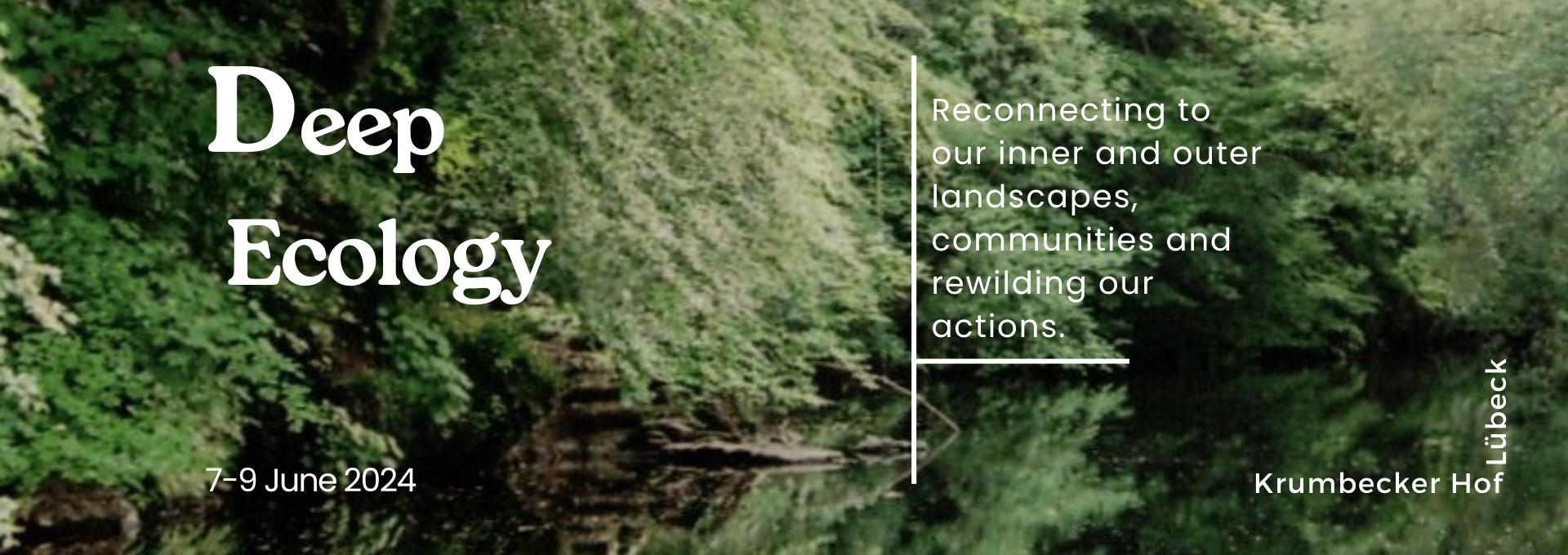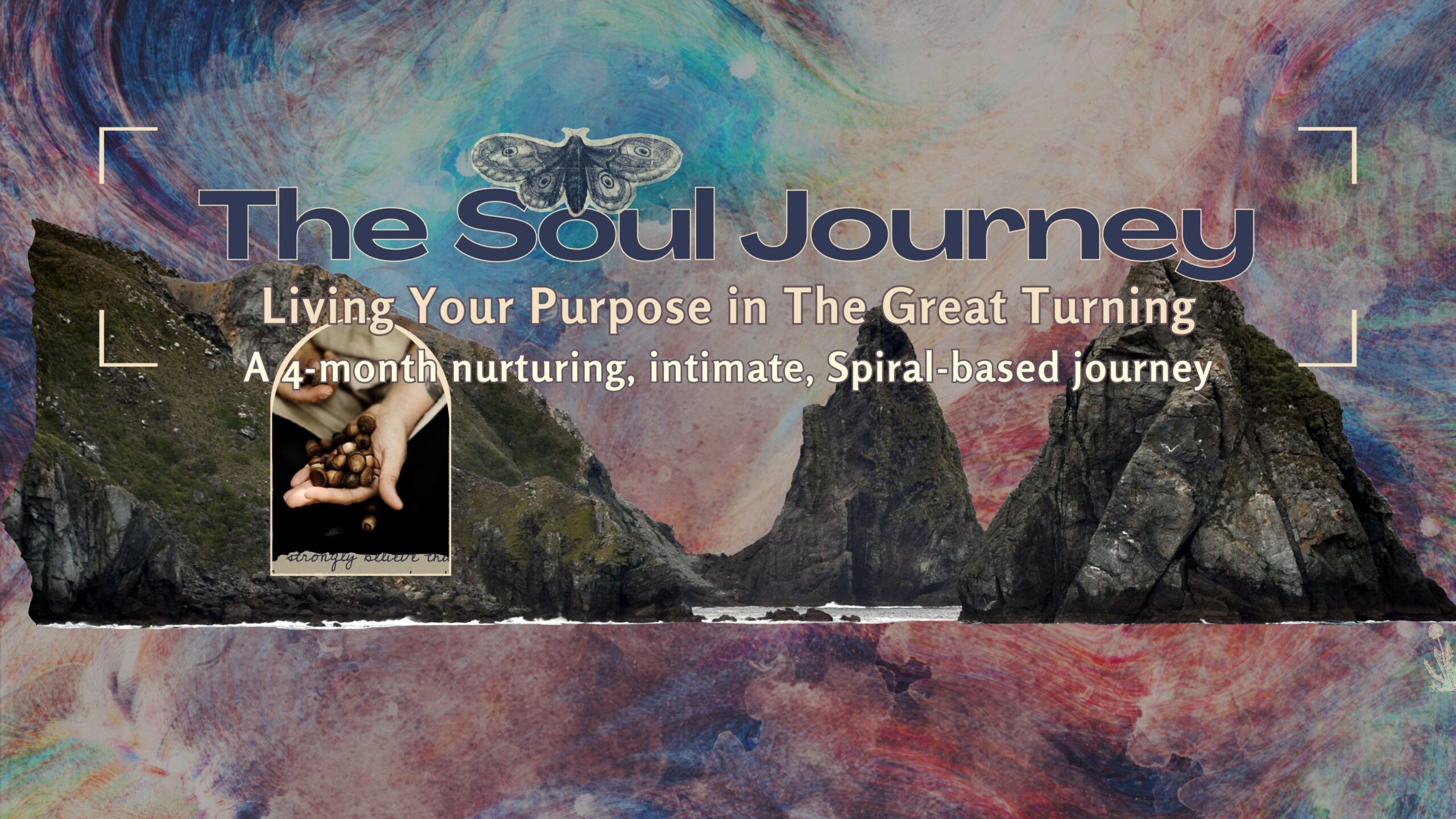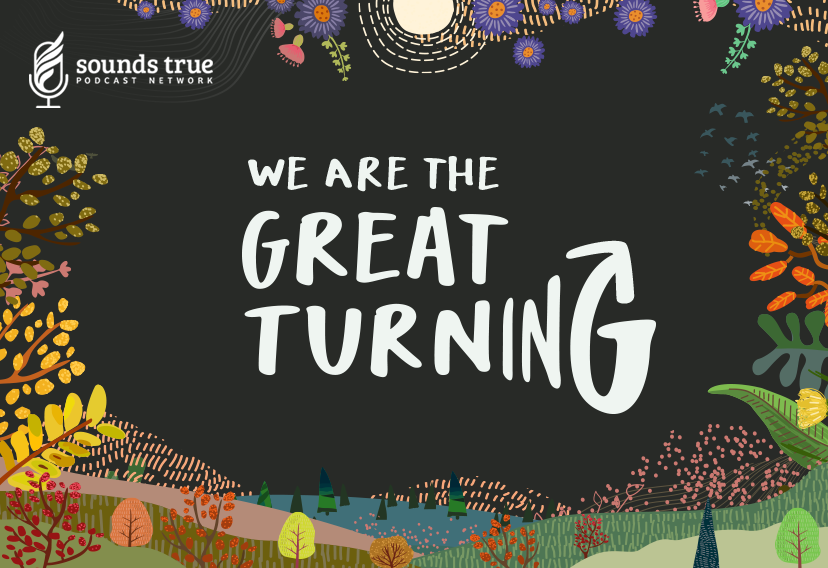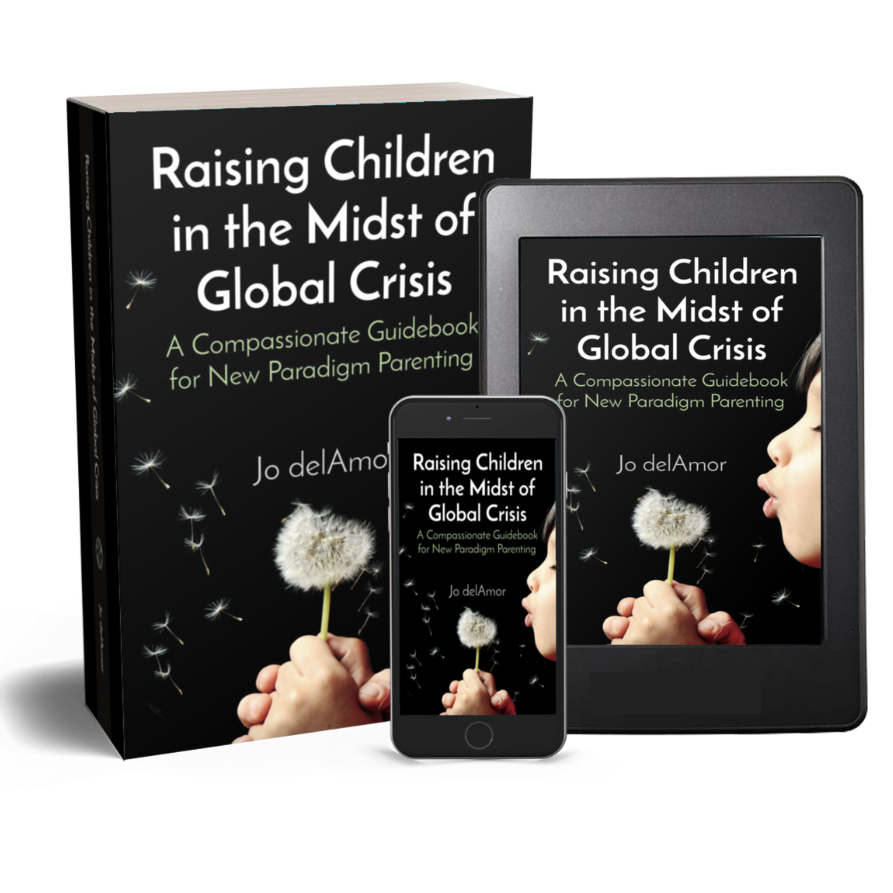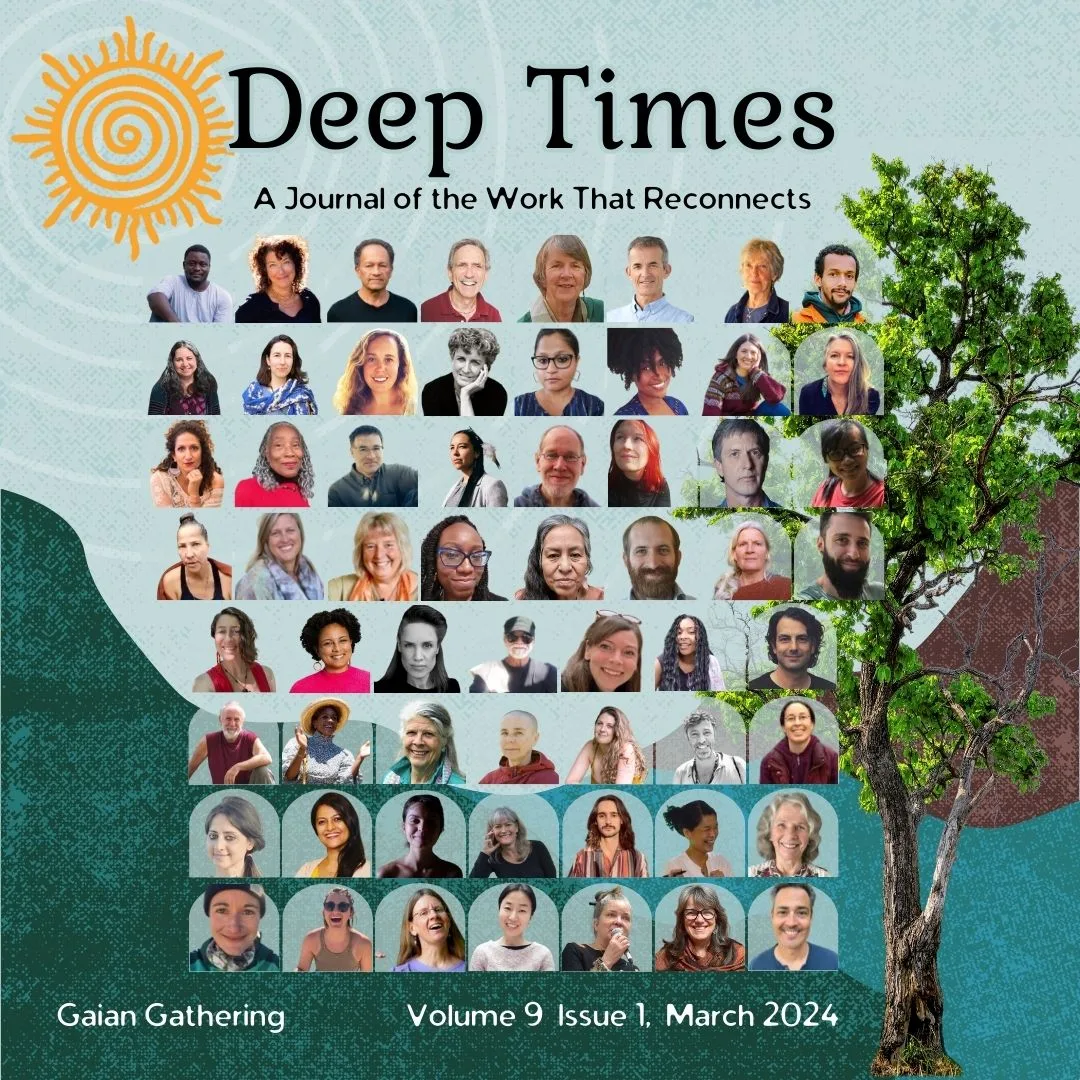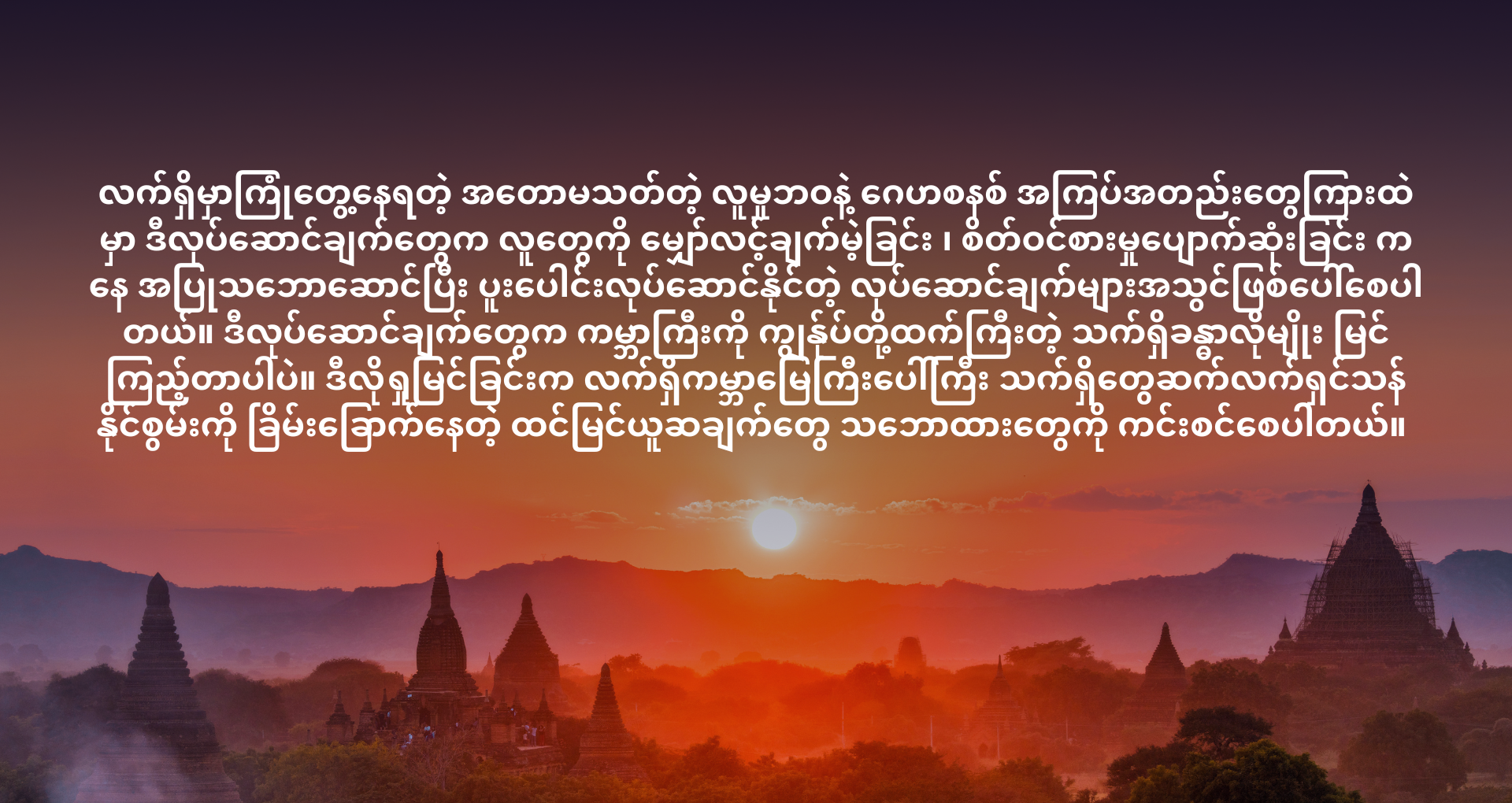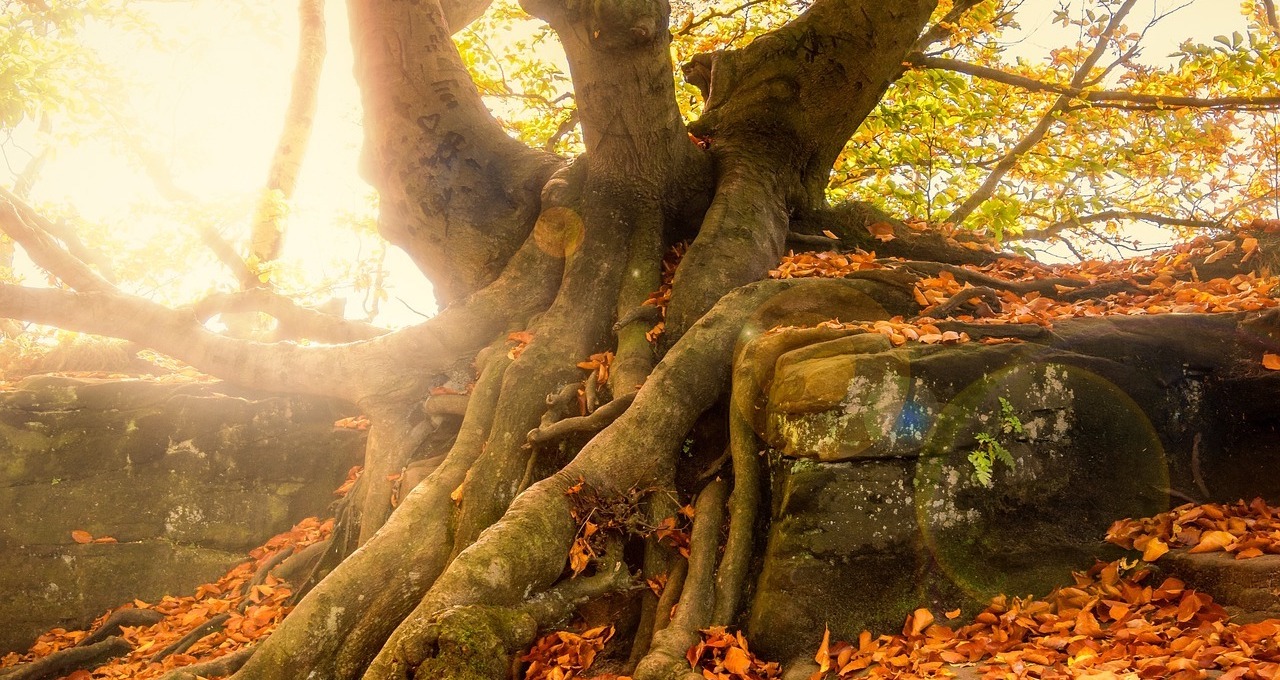- Blog
- Featured Facilitators
- Council of all Beings
- Facilitator
- Canticle Farm
- Music
- Children
- Seventh Generation
- For Parents
- Teachers and Youth
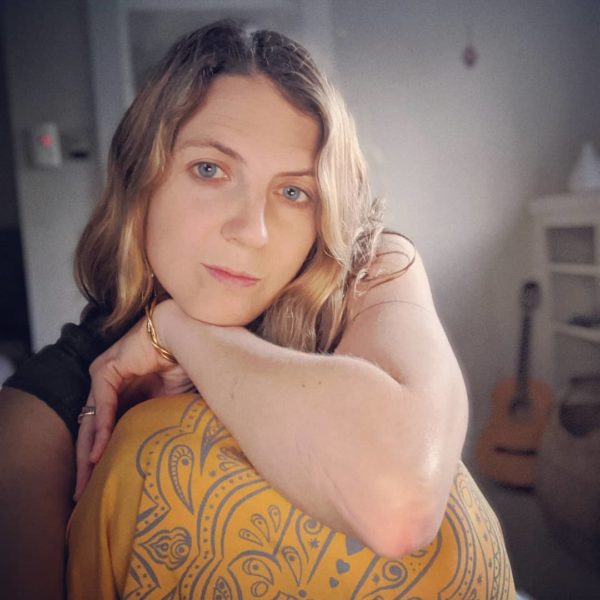
September 23, 2020 – Interview with featured facilitator, Jen Myzel
Location: Sebastopol, CA, USA
Involved with the WTR since 2015
Groups Jen works with: community groups, environmental stewards, charities
Language: English, Spanish
Tell us a bit about yourself, how did you become involved in the WTR and what role does it have in your life?
Jen: I was referred to a Work that Reconnects workshop with Joanna Macy in 2014 by a life coach I was working with at the time, Rashani Rea. I fell in love with the Work that weekend at Canticle Farm in Oakland, CA, and I knew that my music was already so in tune with the messages of the Work. From there, I got inspired to record an album and write a children’s book based on the themes of the Work that Reconnects.
How many workshops and/or events WTR focused do you run a year?
Jen: I offer one to two workshops per year. Many of which have been six to eight-week Active Hope Groups.
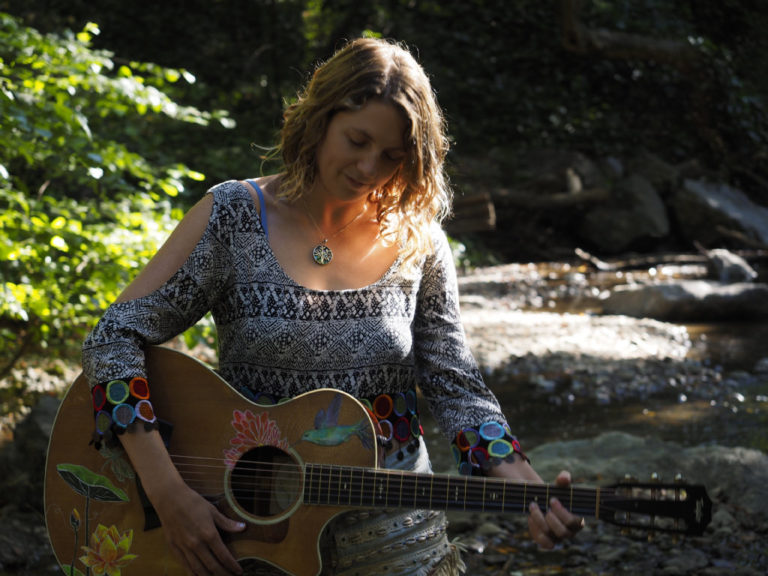
Are you part of a hub?
Jen: I am in the Bay Area Hub.
Are other facilitators in your area? Who are they?
Jen: I am very grateful to be in close community with Joanna Macy and many other facilitators in the Bay Area, including Lydia Violet, Constance Washburn, Mutima Imani, Anne Symens-Bucher and more.
Do you have any upcoming events you’d like to share?
Jen: Not currently, just my new album of music, Birds of the Night, that is very aligned with the Work that Reconnects.
Are you available for mentoring others?
Jen: Yes, I already have mentored quite a few people into facilitating, and happy to help others.
How can people starting in their facilitating path connect with you for mentoring?
Jen: Right now I’d have space for up to two people. They can contact me via email at jenmyzel@gmail.com.
What are you grateful for in the WTR world?
Jen: There are not many bodies of work with such a creative yet simple format to move people through their most difficult emotions and free up their energies to be more active in creating a better world. I am grateful for Joanna’s genius and dedication to this work, and for all the people working to evolve the practices to meet these times.
What challenges and struggles have you experienced as a facilitator of the WTR?
Jen: I have become increasingly aware of the Euro-centric limitations of the Work, and feel dedicated to learning more and changing my facilitation from the Evolving Edge and Decolonizing the Work that Reconnects groups that have formed in the states to address many of these issues. When I see some facilitators “prosthelitizing” about the work, I get repelled, as facilitating this work is not meant to be an act of saviorism.
What has been the most difficult moment in your journey through the WTR?
Jen: Probably the struggle to want to make a living doing this work at some point, and not being able to do so, so having to cut back on the amount of facilitation I was doing because of it.
What has emerged for you since you started facilitating the WTR?
Jen: So much! For one, a deep relationship with Joanna, which has changed my life forever. Also a sense of resilience. A tool belt that I know how to use when times get difficult. A practice of gratitude, even when things get hard. A vision for hope, even when things are bleak. A knowing that hope is a verb, and not a noun.
What are your next steps in this Work?
Jen: I want to share my music and children’s book more widely within and beyond the Work that Reconnects network. I also intend to facilitate the Work that Reconnects in my local community in Sonoma County to help us get through these very challenging times.
What would you say to someone who is new to the WTR?
Jen: Welcome! This work has served my life in such big ways, and I hope it does the same for you.
What recommendations you have for new facilitators?
Jen: This is what Barbara Ford told me when I started: just start doing it! You will learn through experience.
I would say start small though. I started in my living room with six of my friends, where I held my first Active Hope Book Group. From there I took it to a yoga studio, and led it for eight people, some of whom I hadn’t known before. I worked my way up to facilitating for larger groups, up to about 25 people. But starting small with a group of friends was extremely helpful.
Do you have a favorite practice? Why?
Jen: The Council of All Beings is one of my favorite practices. It is so creative and gets us entirely out of our human minds WHICH WE DESPERATELY NEED. I also work with children a lot, so this is one of the few exercises that I feel can work really well with young people as well. It is so playful, and brings out the inner child in everyone.
My other favorite practice is the Seventh Generation Practice and the Goals and Resources practice from Going Forth.
Jen’s new album Birds of the Night, tells a story of fierce hope, healing and reconciliation. Songs range from ritualistic prayer to lyrical folk-pop to hip-hop dance grooves, and weave stories on critical topics including race, climate, hope, hopelessness, and belonging. Many facilitators across Turtle Island play this music while teaching the Work that Reconnects. May this music serve as medicine to your heart and soul in these unprecedented times. Birds of the Night can be streamed on Spotify and purchased on Bandcamp.
Check out Jen’s inspiring children’s sing-a-long book Yellow Lotus Flower: How One Lonesome Seed Rose Up from the Muck, with forward by Joanna Macy.
